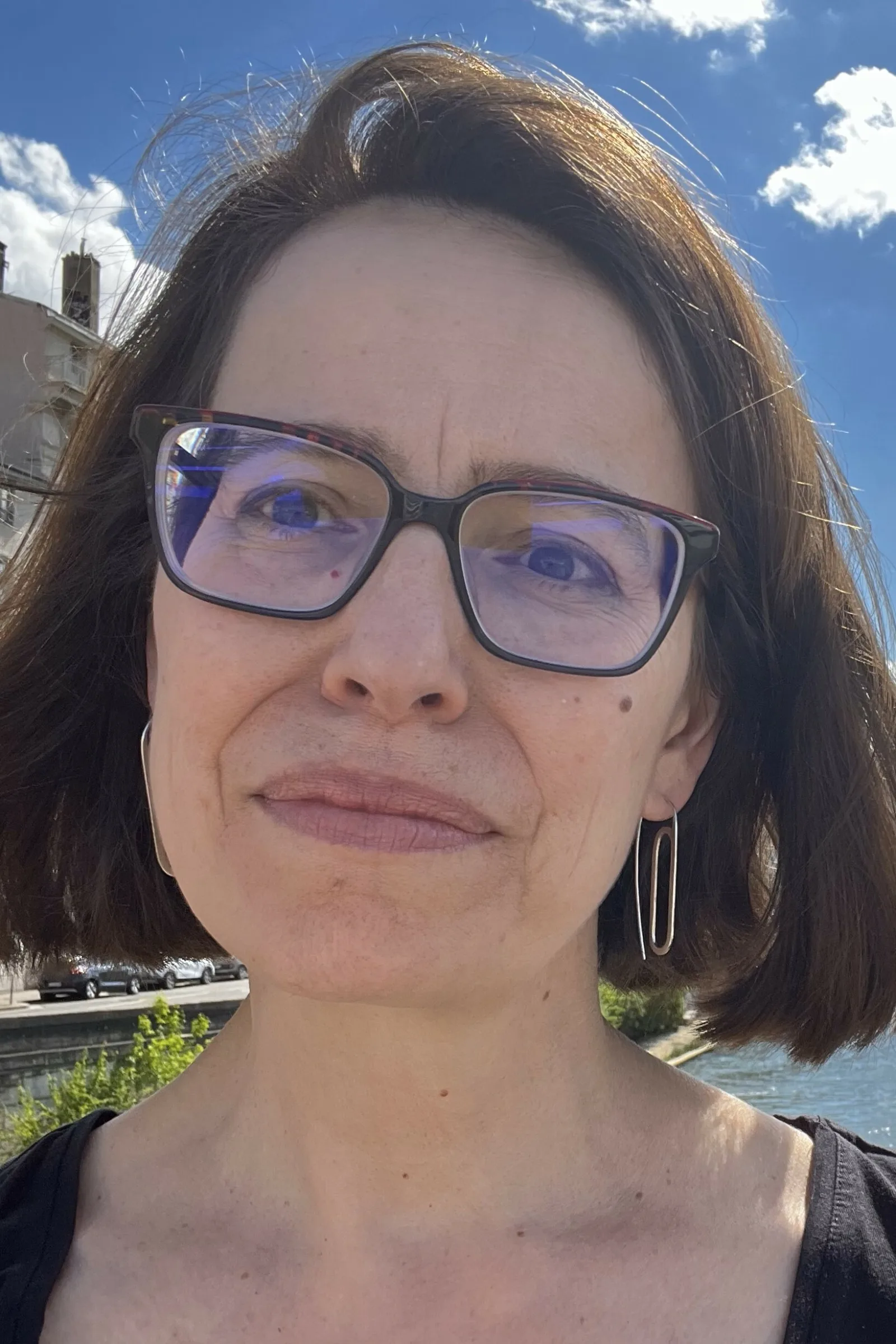Pawnship, Enslavement, and Literary History: Oroonoko, The Royal African, and the Royal African Company Letters
Helen Thompson, Professor of English, Northwestern University
My work-in-progress will discuss a mode of bondage that has not been considered by literary scholars engaged with slavery’s archive. This is the pawnship of “bonded free people” (Kea, 105), defined as “a legal category of social and economic dependency in which a person was held as collateral for a loan” (Lovejoy, 57). As the mechanism through which credit relations between African and European merchants were sustained, pawnship entailed “European financing of the Africans’ engagements with the Atlantic” (Lovejoy, 56) as well as African sustenance of under-resourced or vulnerable RAC outstations. Pawns were not enslaved persons, who were subjected to the extreme harms of kinlessness; elevated, even royal kinship ties could be crucial to the pawn’s sustenance of debt or diplomatic security. Small merchants, like West African canoemen, could pawn themselves in exchange for goods to be paid off with future profits. Using evidence from the Rawlinson archive at the Bodleian Library (comprised of three copybooks transcribing letters sent by RAC factors stationed on the West African coast to Company headquarters at Cape Coast Castle, 1685 – 1699), I will trace the complex and unstable differences between captive, commoditized persons and pawns.
Register
This event is free, but all participants must register in advance. Space is limited, so please do not request a paper unless you plan to attend.
Register and Request PaperAbout the Eighteenth-Century Studies Seminar Series
The Eighteenth-Century Seminar is designed to foster research and inquiry across the scholarly disciplines in eighteenth-century studies. It aims to provide a methodologically diverse forum for work that engages ongoing discussions and debates along this historical and critical terrain. Each year the seminar sponsors one public lecture followed by questions and discussion, and two works-in-progress sessions featuring pre-circulated papers.
